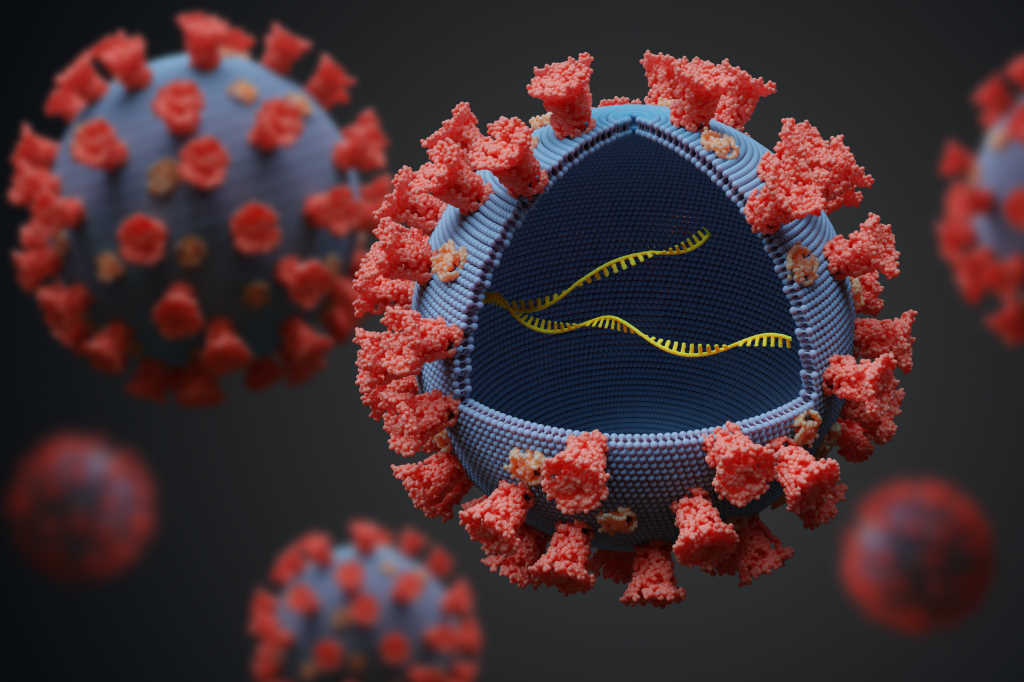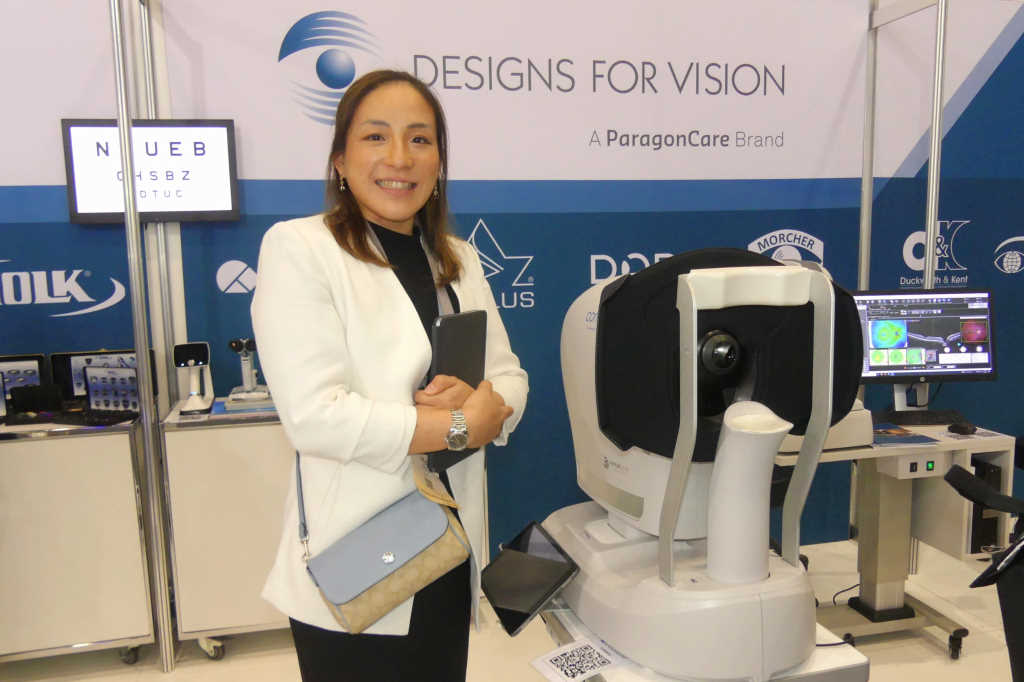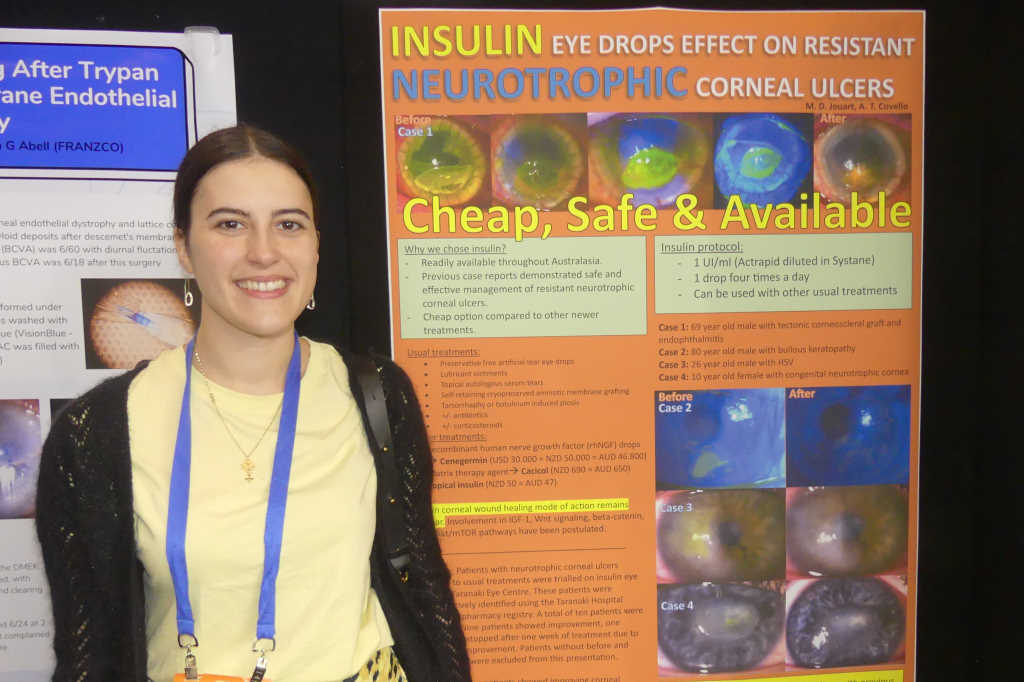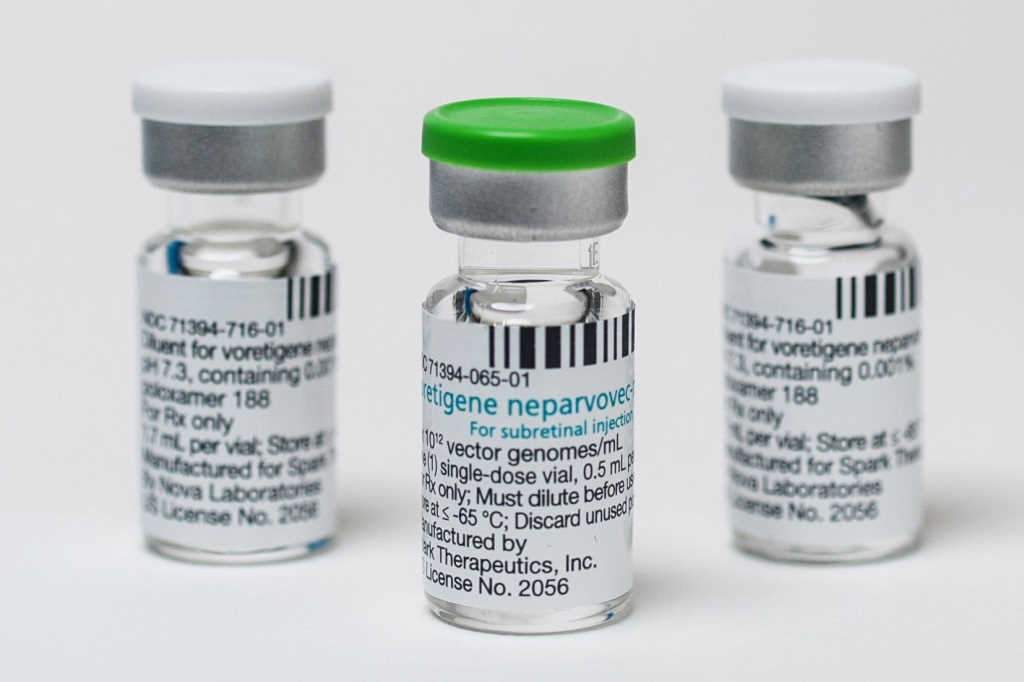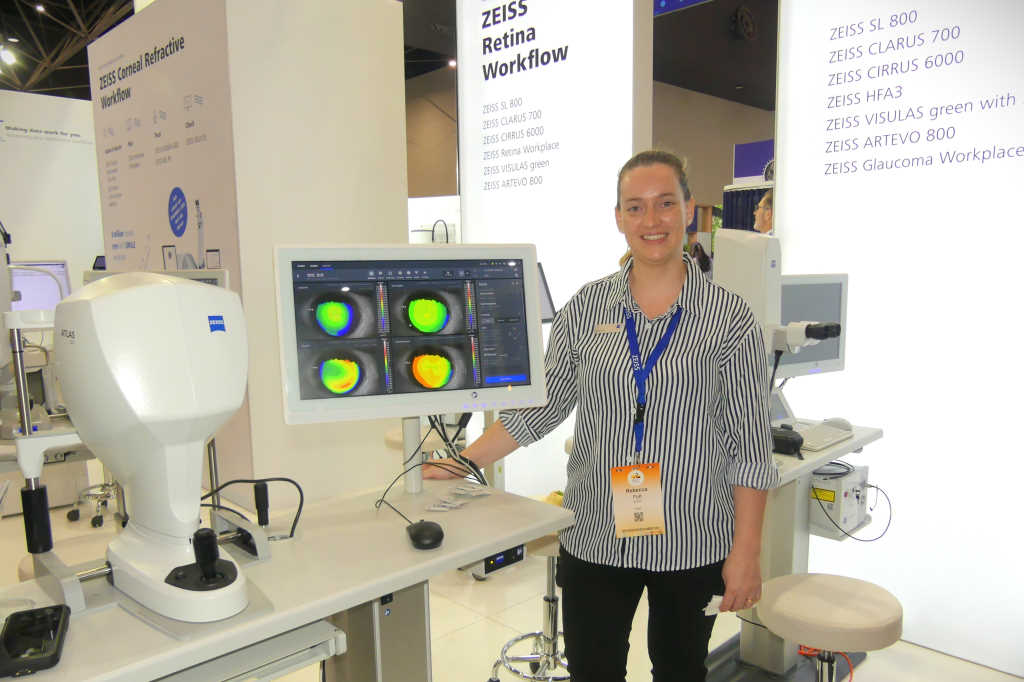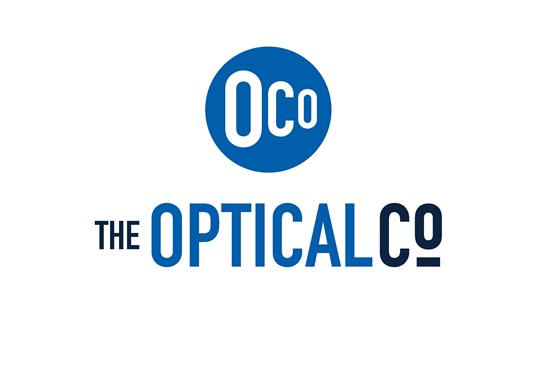Promising Stargardt therapy revealed
The results of a 48-week trial of MCO-010, an intravitreal, adeno-associated virus (AAV2)-delivered optogenetic therapy, on Stargardt disease patients, showed significant improvements in visual acuity and reported no serious adverse effects, reported researchers from Nanoscope Therapeutics.
Nanoscope’s Starlight phase 2 trial, the first clinical study of its type for Stargardt disease, involved six patients who were given a single intravitreal injection. Five of them experienced a mean BCVA improvement of 9 ETDRS letters. This improved further – to 16 and 19 ETDRS letters at weeks 24 and 48, respectively – when they used a wearable magnifier.
Professor Michael Singer, from the University of Texas Health Science Center and a Nanoscope researcher, told Modern Retina that patients with the macular variant of Stargardt disease seemed to do much better with MCO-010 treatment. “There were (also) improvements in reading and colour contrast. So overall, this seems to have lots of promise. And for these patients that are desperate to have something, this seems to be the next generation of medications.”
The US company’s ‘Restore’ trial of MCO-010 for the treatment of gene-agnostic retinitis pigmentosa was reported to have shown overall improvements but did not meet its primary endpoints.


